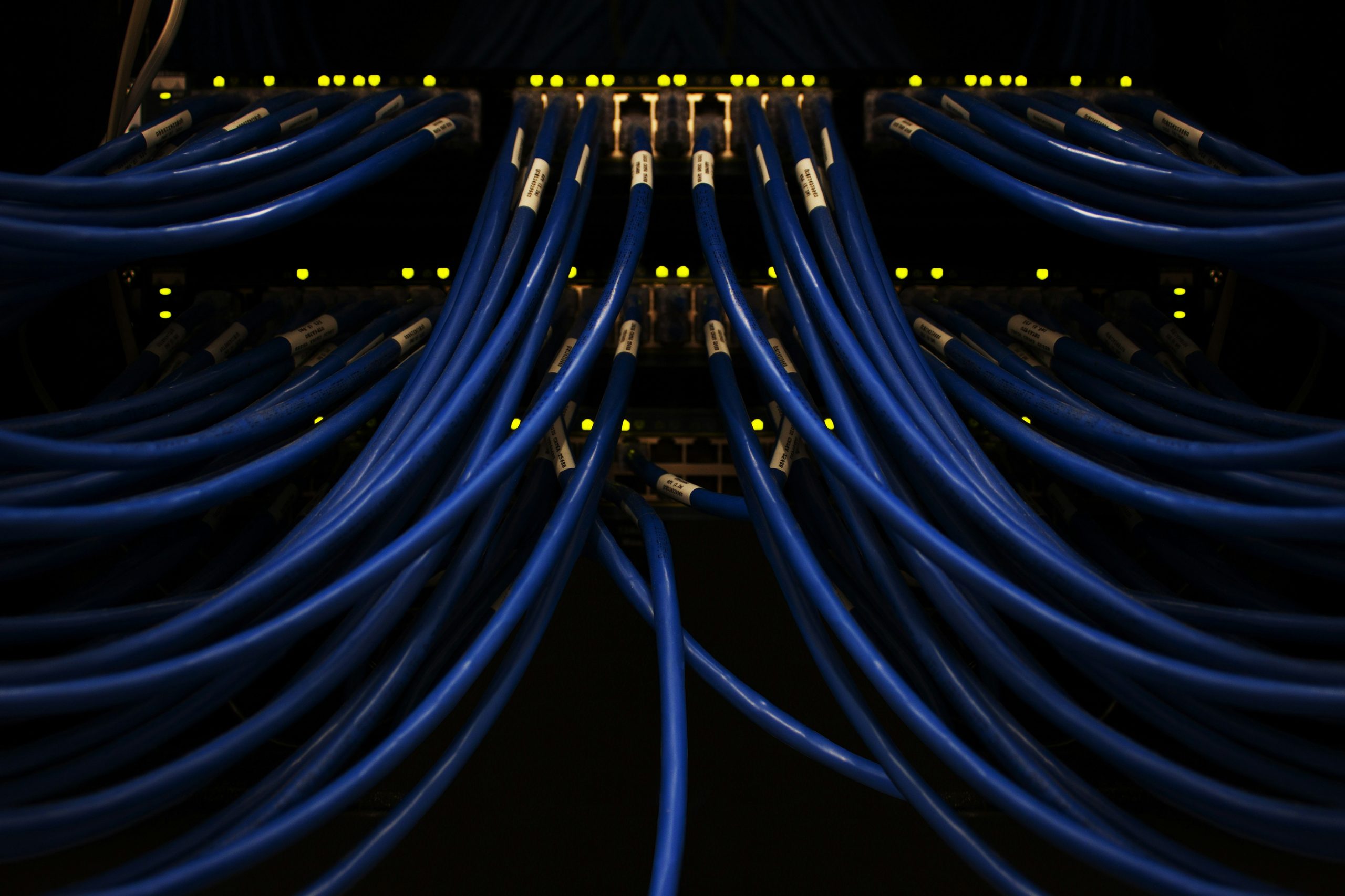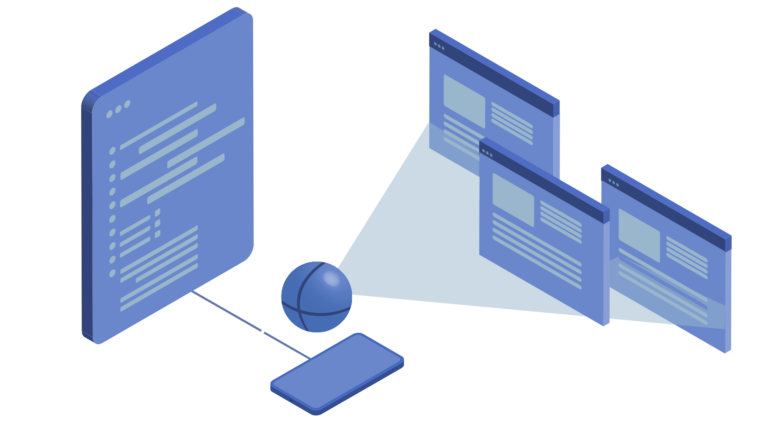What Is a Proxy Server & How Does It Work?
Understanding Proxy Servers
A proxy server acts as an intermediary between your device and the internet. When you connect to the internet through a proxy server, your web requests are first routed through the proxy server before reaching the intended website. This process helps conceal your real IP address, providing an additional layer of privacy and security.
How Does a Proxy Server Work?
When you send a request to access a website, it is intercepted by the proxy server. The proxy server then forwards the request to the website on your behalf. The website, in turn, sends the response back to the proxy server, which then relays it to your device. This entire process happens seamlessly, without the website being aware of your true IP address.
The Benefits of Using a Proxy Server
Proxy servers offer several benefits, making them a valuable tool in various online activities. Here are some of the key advantages:
1. Enhanced Privacy
By using a proxy server, you can hide your real IP address from the websites you visit. This helps protect your privacy and prevents websites from tracking your online activities. It also adds an extra layer of security, as your device’s IP address remains hidden from potential hackers or malicious actors.
2. Bypassing Content Filters
Proxy servers can be used to bypass content filters imposed by schools, workplaces, or governments. By routing your web traffic through a proxy server located in a different region, you can access websites and content that may be restricted in your current location.
3. Improved Performance
In some cases, proxy servers can improve the performance of your internet connection. By caching frequently accessed web pages, proxy servers can deliver the content faster to your device. This can be particularly useful in situations where bandwidth is limited or when accessing websites with heavy traffic.
4. Anonymity
Using a proxy server can provide a certain level of anonymity while browsing the internet. Since the websites you visit only see the IP address of the proxy server, your true identity remains hidden. This can be beneficial for individuals who wish to maintain their anonymity online.
Types of Proxy Servers
There are various types of proxy servers, each with its own characteristics and use cases. Let’s explore some of the most common types:
1. Residential Proxies
Residential proxies are IP addresses provided by Internet Service Providers (ISPs) to homeowners. These proxies mimic organic browsing behavior, making them ideal for web scraping and other activities that require a more natural online presence. Residential proxies offer higher levels of privacy and reduce the chances of being blocked by websites.
2. Datacenter Proxies
Datacenter proxies, on the other hand, are not affiliated with ISPs. They come from secondary corporations and provide private IP authentication and anonymity. Datacenter proxies are known for their speed and stability, making them suitable for tasks that require a large volume of requests.
3. Shared Proxies
Shared proxies are used by multiple users simultaneously. While they are cost-effective, they may lack overall performance and come with certain risks. Shared proxies are suitable for basic browsing and activities that do not require high levels of privacy or speed.
4. Semi-Dedicated Proxies
Semi-dedicated proxies are shared by a limited number of users, offering better performance compared to shared proxies. They strike a balance between cost-effectiveness and reliability, making them a popular choice for individuals who require higher speeds and some level of privacy.
5. Private Proxies
Private proxies, also known as dedicated proxies, are used exclusively by a single user. These proxies provide complete privacy, high performance, and enhanced security. Private proxies are often used for sensitive tasks that require utmost confidentiality.
Frequently Asked Questions (FAQ)
Q1: What is the purpose of a proxy server?
A1: The purpose of a proxy server is to act as an intermediary between your device and the internet, providing enhanced privacy, bypassing content filters, and improving performance.
Q2: How does a proxy server protect my privacy?
A2: A proxy server hides your real IP address from the websites you visit, making it difficult for them to track your online activities and ensuring a certain level of anonymity.
Q3: Can I choose the location of the proxy server?
A3: Yes, depending on the type of proxy server you choose, you can select the location from which your web requests will appear to originate.
Q4: Are all proxy servers the same?
A4: No, there are different types of proxy servers with varying levels of anonymity, performance, and features. It’s important to choose a proxy server that suits your specific requirements.
Q5: Can I use a proxy server for web scraping?
A5: Yes, proxy servers are commonly used for web scraping, as they allow you to make multiple requests without being blocked by websites. Residential proxies and datacenter proxies are often used for this purpose.
Conclusion
Proxy servers play a crucial role in enhancing privacy, bypassing content filters, and improving performance in the online world. By acting as intermediaries between your device and the internet, proxy servers provide an additional layer of security and anonymity. Understanding the different types of proxy servers and their respective features can help you choose the right one for your specific needs. Whether you’re looking to protect your privacy, access restricted content, or optimize your web scraping activities, a proxy server can be a valuable tool in your online toolkit.






